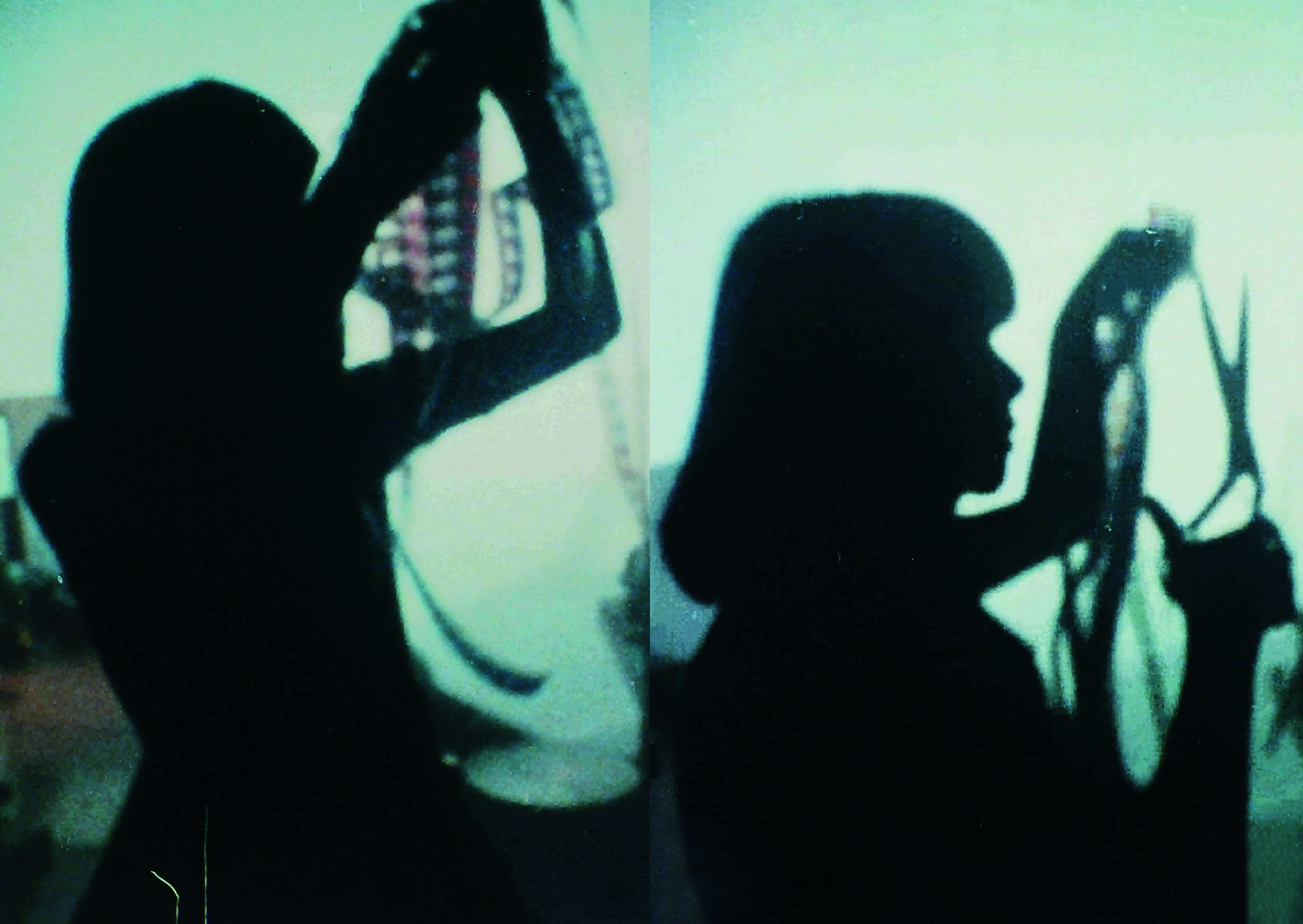The world's new disorder calls for sound diagnoses of our contemporary condition. In 2017 HKW sets out to explore the deep structures underlying the current transformations. Created within the scope of the long-term projects 100 Years of Now (2015–18) and Kanon-Fragen (2016–19), its discourse programs, exhibitions, music festivals, and educational events seek to activate the political imagination and form aesthetic judgment.
HKW’s iconic building will reopen after extensive renovation from February 2 onwards with the 30th edition of the transmediale ever elusive. Directed by Kristoffer Gansing, this year’s festival features the special exhibition alien matter, curated by Inke Arns.
Before reopening its venue, HKW starts its 2017 program series from January 12 to 22 with the Utopian Realities theatrical project, a co-production with HAU Hebbel am Ufer. Throughout January 15, Top Secret International (State 1) will be on display at the Brooklyn Museum, presented by The Public Theater’s Under the Radar Festival and the Goethe-Institut, New York and at Munich’s Glyptothek until February 26, presented by the Münchner Kammerspiele. With their series State 1–4, the writer-director collective Rimini Protokoll will survey examples of post-democratic phenomena in four theatre productions with partner theaters from Munich, Dusseldorf, Dresden, and Zurich.
How can we see beyond the radar of the present and link up to spaces of the imagination from the past in order to open up horizons for action? The projects within the framework of 100 Years of Now explore these questions in their multiple dimensions. In March (23–25), Now is the Time of Monsters. What Comes After Nations?, curated by Rana Dasgupta, Nanna Heidenreich, and Katrin Klingan, will examine the nation state system that originated from the 1919 Paris Peace Conference and which has continued to determine the global order to this day. Contributors include Samar Yazbek, Boaventura de Sousa Santos, Susan George, and Christian Nyampeta.
From April 21–July 3, the exhibition 2 or 3 Tigers, curated by Anselm Franke and Hyunjin Kim, will examine the cultural dimensions of modernity in East Asia. A central piece, from which the exhibition derives its title, is by Singaporean artist, film and theatre maker Ho Tzu Nyen. His installation explores the return of the tiger in the history and imaginary of Singapore and Malaysia after its almost complete extermination during the 19th century. In September, the exhibition and symposium Art without Death: Russian Cosmism ties into a 19th century movement that imagined the material resurrection of all men and women who ever lived. The doctrine of immortality in infinite space captured the spirit of optimism of science and the arts. Anton Vidokle, Boris Groys, and Arseny Zhilyaev examine the utopian, futuristic thinking of the cosmists that had a great influence on art, science, and politics in both pre-revolutionary and Soviet Russia.
In March and November the theme days Free! Music and No! Music curated by Detlef Diederichsen together with Björn Gottstein and Martin Hossbach will focus on the operating systems of music along the leitmotifs of pop history while searching for the holdouts and possibilities for dissent in music from unexpected perspectives. Starting in May, Schools of Tomorrow, curated by Silvia Fehrmann, will explore how schools can become places to build desirable futures. Collaborations with school practitioners, artists and international experts will generate school experiments to be conducted in 2017–18.
After the Wildly Improbable will reflect on the transformations triggered by the breakup of the Ottoman Empire in regions on the eastern and southern Mediterranean. Mohammad al Attar, Rabih Mroué, and Adania Shibli are developing experimental formats which will be on display in September and October.
Towards the end of 2017 the four day event 1948: Technosphere unbound (November 30–December 3) will immerse itself in the year that was so decisive for the unleashing of the technosphere. With the atomic age, the digital age, and the age of the "hydrocarbon man” taking off, 1948 represents an inflection point for many developments including the invention of the bipolar transistor, the leap in the production of synthetics from petrochemicals, and the Declaration of Universal Human Rights, whose path dependencies determine our contemporary condition.
The long-term project Kanon-Fragen (2016–19) examines the foundations of institutional canon formation and the architecture of regulative institutional narratives. "Misfits". Tang Chang, Rox Lee and Bagyi Aung Soe, curated by David Teh, presents three artists whose work challenges received framings of modernism and global art in HKW’s newly refurbished Exhibition Hall 2. In the fall, the exhibition about the Congress for Cultural Freedom, curated by Anselm Franke, Nida Ghouse, Paz Guevara and Antonia Majaca, will devote itself to the question of the geopolitical and ideological frameworks of modern art—while the multi-year project Hubert Fichte: Love and Ethnology, initiated by Diedrich Diederichsen and Anselm Franke and developed with other curators, will be launched in cooperation with the Goethe-Institut in Portugal and Brazil.
The coming year will also see the 9th Internationaler Literaturpreis - Award for translated contemporary literatures celebrated on July 6, followed by the 10th edition of the summer festival Wassermusik (July 21–August 12). The Dictionary of Now will be continued with Taiye Selasi, Achille Mbembe, and David Theo Goldberg in #7 Violence and in further episodes.
Through its print and online publication, HKW shares the results of its research projects with international audiences allowing for their participation. The continuously growing online Technosphere Magazine and the Anthropocene Curriculum platform reflect the state of research and experiment with new forms of knowledge production. A bilingual online Journal and a book series in German, the Bibliothek 100 Jahre Gegenwart, will present articles specially commissioned to delve into projects from 100 Years of Now.
Cooperations with outstanding partners from society, the arts, and academia augment HKW´s program. In 2017 it will host, among others, Rencontres Internationales Paris/Berlin, Forecast Festival, Democracy Lecture and Transcuratorial Academy.
Haus der Kulturen der Welt is supported by the Federal Government Commissioner for Culture and the Media as well as by the Federal Foreign Office.
Press contact
Anne Maier, Haus der Kulturen der Welt
T +49 (0)30 39787 153











